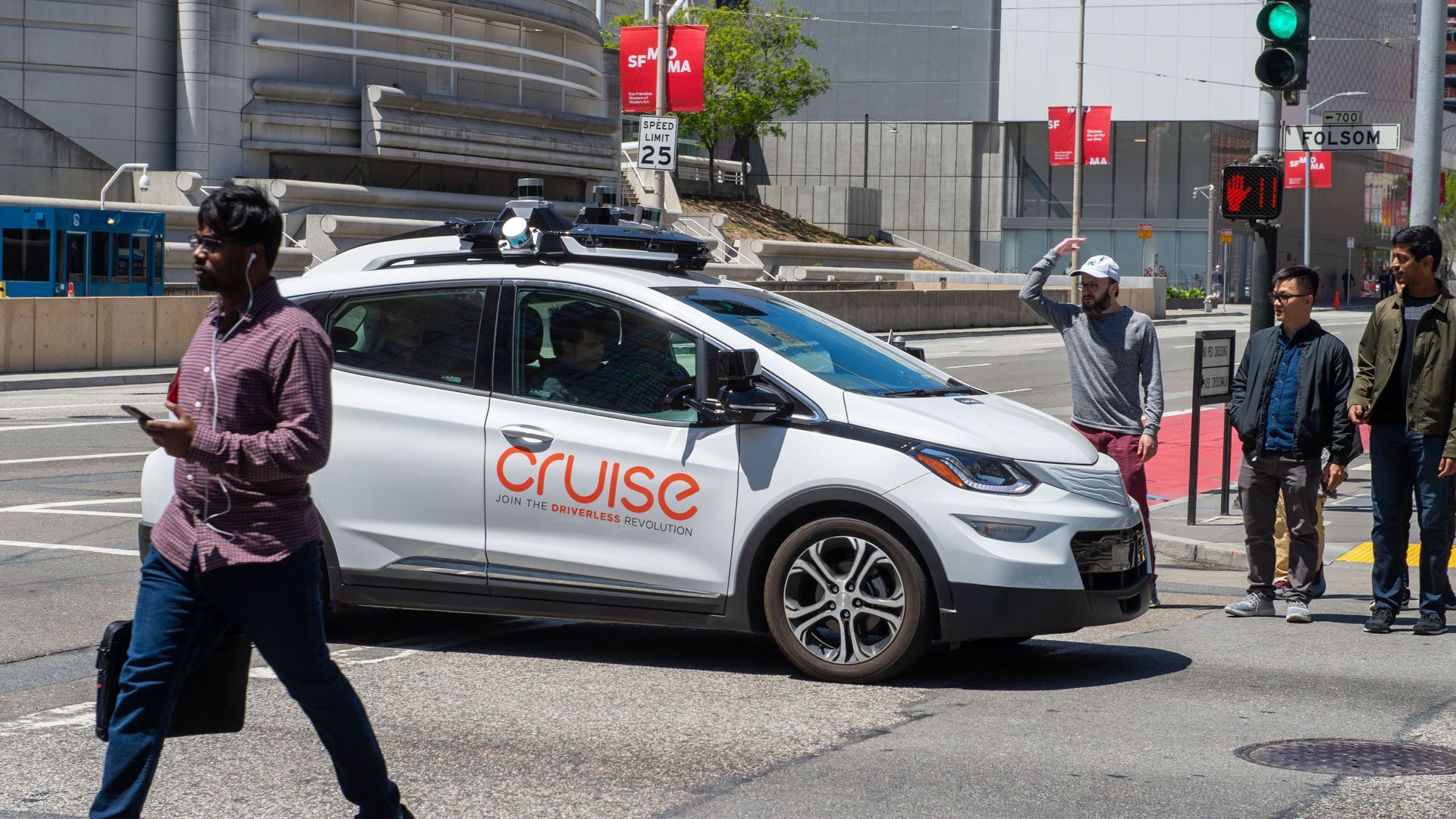
SHANNON LONGWORTH: SELF-DRIVING CARS, ONCE TOUTED AS THE FUTURE OF TRANSPORTATION, FRANKLY AREN’T WHERE THEY NEED TO BE TO REPLACE DRIVERS NATIONWIDE. BUT, THEY ARE CURRENTLY ON STREETS IN HOUSTON, DALLAS, MIAMI, PHOENIX, AUSTIN AND SAN FRANCISCO.
CRUISE, OWNED BY GENERAL MOTORS, HAS OFFERED DRIVERLESS RIDE-HAILING SERVICES FOR YEARS. AND WHILE THE COMPANY EMPHASIZES ITS COMMITMENT TO SAFETY WHILE KEEPING ITS CARS ON THE ROAD, THE INTERCEPT IS REPORTING THAT CRUISE KNEW ABOUT TWO SERIOUS ISSUES WITH THE TECHNOLOGY: THE CARS HAD DIFFICULTY DETECTING LARGE HOLES AS WELL AS CHILDREN. EVIDENTLY, THAT INFORMATION CAME FROM INTERNAL COMMUNICATIONS.
ACCORDING TO THAT REPORT, CRUISE’S DIRECTOR OF COMMUNICATIONS, ERIK MOSER, SAID IN A STATEMENT:
“WE HAVE THE LOWEST RISK TOLERANCE FOR CONTACT WITH CHILDREN AND TREAT THEM WITH THE HIGHEST SAFETY PRIORITY. NO VEHICLE — HUMAN OPERATED OR AUTONOMOUS — WILL HAVE ZERO RISK OF COLLISION.”
MEANWHILE, IN A SEPARATE BUT SIGNIFICANT DEVELOPMENT REGARDING AUTONOMOUS VEHICLES, A LAWSUIT AGAINST TESLA WILL GO TO TRIAL NEXT YEAR.
A FLORIDA JUDGE RULED THAT THERE IS “REASONABLE EVIDENCE” TESLA AND ELON MUSK WERE AWARE OF FLAWS IN THE AUTOPILOT SYSTEM, YET ALLOWED PEOPLE TO USE IT..
KIM BANNER’S CASE IS ABOUT HER HUSBAND, JEREMY BANNER’S, DEATH. IN 2019, HE ACTIVATED AUTOPILOT IN HIS 2018 TESLA MODEL 3. HE TOOK HIS HANDS OFF THE WHEEL AND A TRACTOR TRAILER MOVED INTO HIS LANE. THE TESLA DIDN’T DETECT IT, SO THE CAR DROVE UNDERNEATH THE TRUCK. BANNER DIED INSTANTLY.
THE CASE CALLS ATTENTION TO CONCERNS ABOUT THE TRANSPARENCY FROM AUTONOMOUS VEHICLE COMPANIES REGARDING THE CAPABILITIES AND POTENTIAL RISKS OF THEIR TECHNOLOGIES.







